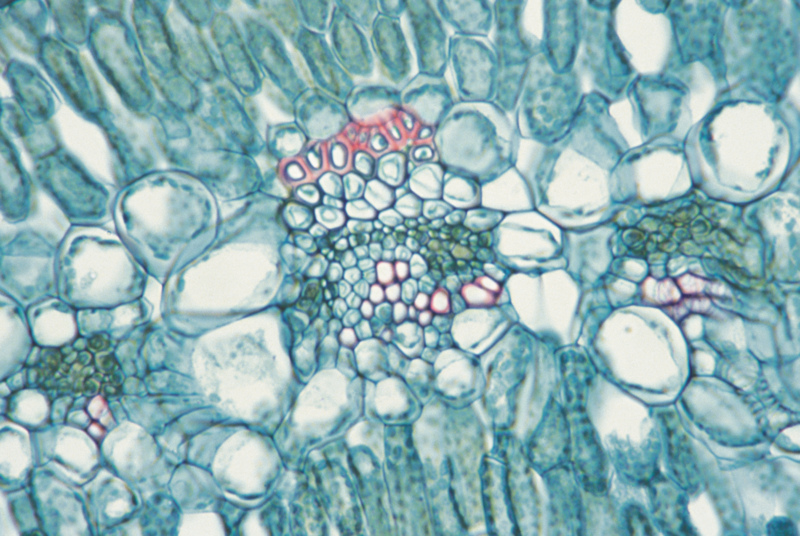
WEDNESDAY, Nov. 28 (HealthDay News) — Aspirin use seems to be associated with a decreased risk of liver cancer and death from chronic liver disease, according to a large new study.
This new study included more than 300,000 people aged 50 to 71, who reported their aspirin and nonsteroidal anti-inflammatory drug (NSAID) use and were followed for 10 to 12 years. During that time, more than 400 participants died from chronic liver disease and 250 were diagnosed with liver cancer.
Compared to people who didn’t take NSAIDs, people who took aspirin were 45 percent less likely to die from chronic liver disease and 41 percent less likely to be diagnosed with liver cancer. People who took non-aspirin NSAIDs were 26 percent less likely to die from chronic liver disease but no less likely to be diagnosed with liver cancer.
If these findings are confirmed, they could lead to new ways to prevent chronic liver disease and liver cancer, concluded study author Dr. Vikrant Sahasrabuddhe, of the division of cancer epidemiology and genetics at the U.S. National Cancer Institute, and colleagues.
While the study found an association between aspirin use and reduced risk for liver problems, it did not prove cause-and-effect.
The study was published Nov. 28 in the Journal of the National Cancer Institute.
Previous research has linked chronic inflammation due to liver disease to cellular processes that could promote cancer development, while other research has suggested that aspirin and other types of NSAIDs may help reduce the risk of some cancers, a journal news release noted.
Although it is worthwhile to study the potential of new prevention methods such as NSAID use, it also is necessary to focus on improving established prevention practices and interventions, Dr. Isra Levy and Dr. Carolyn Pim, both from the department of epidemiology and community medicine at the University of Ottawa, in Canada, noted in an accompanying journal editorial.
The known causes of chronic liver disease and liver cancer are hepatitis B and C virus infections and alcohol use. A link with obesity and diabetes also has been suggested.
Cheap, readily available interventions, such as a vaccine for hepatitis B virus, already exist, but “effective strategies for reduction of [hepatitis B] and [hepatitis C] are not always available or fully applied,” the editorialists wrote.
They also noted that alcohol abuse and obesity are complex issues that require interventions at the individual and health-system levels.
More information
The American Liver Foundation outlines 25 ways to love your liver.

